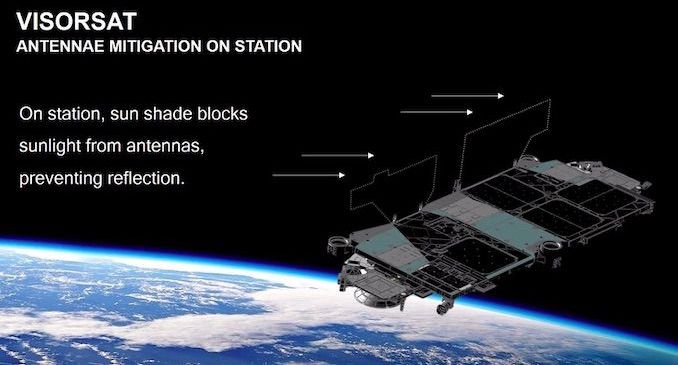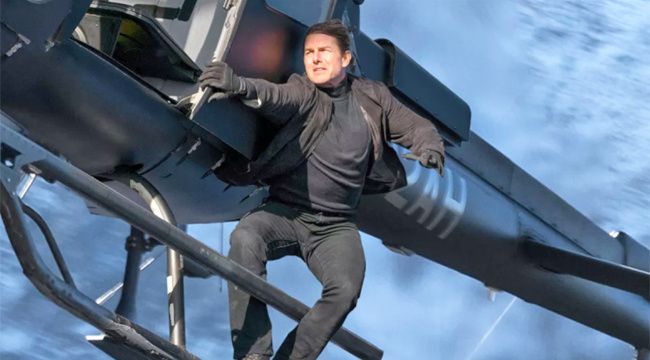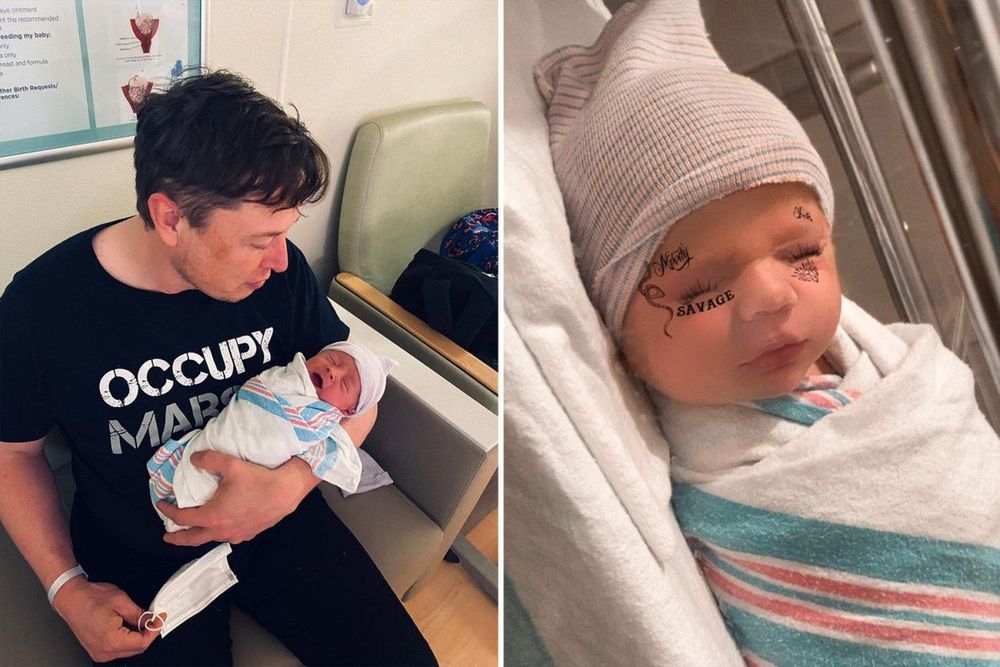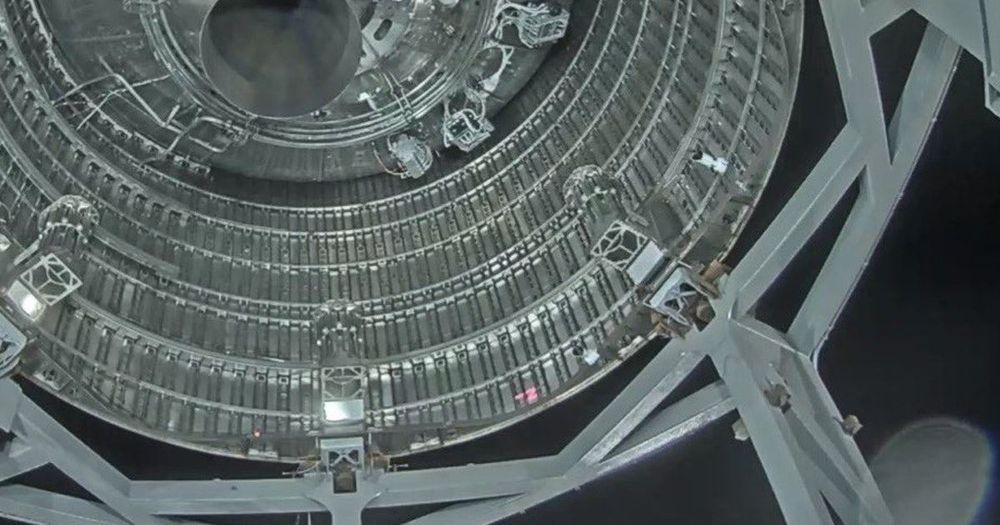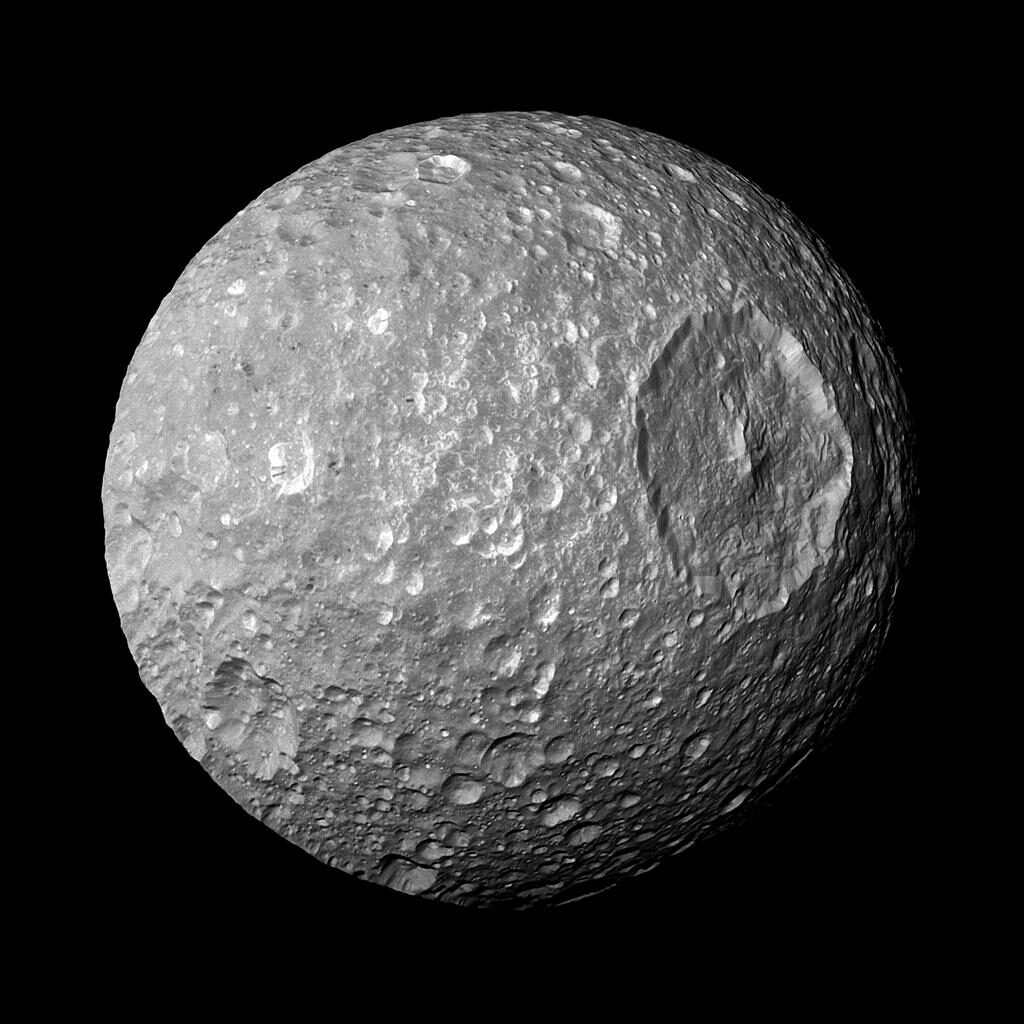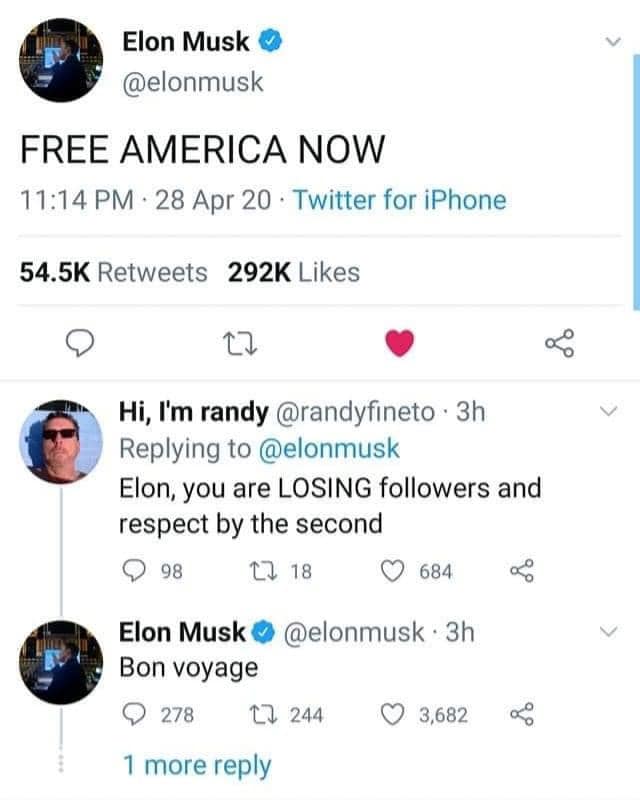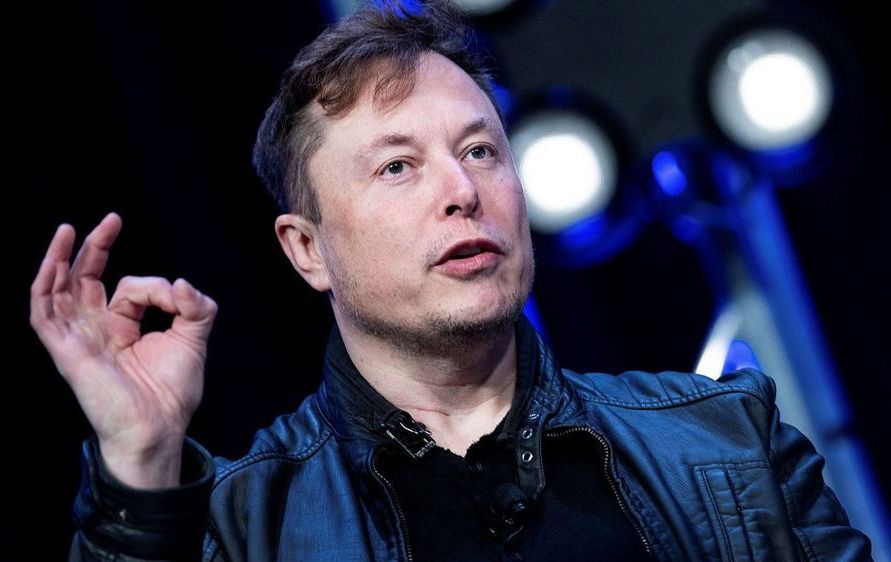The military has been talking about incorporating electric vehicles in their fleet and with the Tesla Cybertruck being described as an “armored personnel carrier from the future”, a rendering artist decided to explore what a Cybertruck would look like as an electric Joint Light Tactical Vehicle.
As we reported last week, the military is developing a plan to use EVs for remote missions and even cited Tesla as an example that larger EVs are viable.
With Tesla CEO Elon Musk describing the Cybertruck as ‘an armored personnel carrier from the future’, several people suggested that the military could end up using the Cybertruck as a platform to build electric military vehicles.
